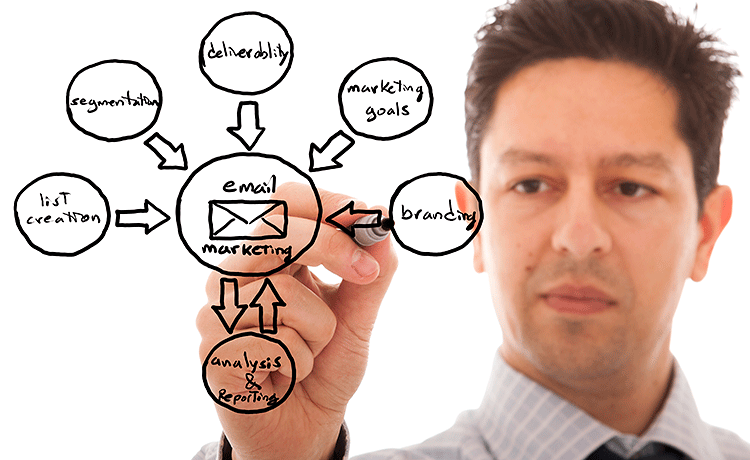Marketing Automation is the new language of marketing
The marketing landscape has dramatically changed over the past decade. Just like modern selling, marketing is moving away from buying or begging for new customers and has shifted into a new paradigm of thinking. Historically marketing would seek to generate new business via the use of paid advertisements, direct mail and other forms of paid advertising. These methods may still serve some purpose, although, with the changed buyer behaviour of consumers, these methods have lost their effectiveness.
In the past, it was the job of the marketer and sales teams to push information proactively to potential customers and use various tactics to encourage sales. With the rise of the internet, consumer behaviour has dramatically changed. Once consumers identify a need, problem or disparity with their current state of being, they will actively seek out information via the internet with the objective of solving their problem. This problem resolution often will be solved via the purchase of a product or service.
As the internet has become prolific, from one website in 1991 to now over one billion, the amount of information available is immense. As such, the chances of being found by a consumer may be thwarted by the highly competitive landscape.
This is where search engine optimisation (SEO) comes into play. There are many forms of SEO, including off and on-page. On-page is where companies have the most control over the outcomes. In a nutshell, on-page SEO refers to the optimisation of content that directly correlates to the target market search queries.
To serve on-page SEO objectives, optimised content must be created that provides information that potential customers are searching for in the form of blogs, articles, whitepapers, eBooks and social media marketing. This methodology has been coined as content or inbound marketing. For example, if your company provides moving services, you may have a blog that addresses topics such as “How to best protect your valuables during transportation’’. The premise is a consumer that is about to move may be concerned about their valuables during transport; in turn, they seek information on the internet to mitigate this risk. They then find the article on your website that deals with this problem, and subsequently, via this process, they then engage with your company. A critical element for this process is to create personalised and useful content.
The key difference between this process vs the old is that the consumers are engaging with your company of their own accord. This automatically implies greater efficiency with your marketing spend as money is not being wasted on excessive above-the-line advertising.
To harness the power of this new marketing methodology, we must employ various tools that will allow for the management of potential customers. This allows us to nurture and score their value to the company. On a small scale, we can achieve this manually, although when using vast datasets, it becomes impossible. This is where the marketing automation software comes into play.
Marketing automation’s primary purpose is to manage these customer interactions generated via inbound methodologies. It actively manages the marketing funnel so that the appropriate leads can be acted upon by the sales function of the business. The fundamental concept of this process includes the nurturing of prospects. Not all customers are in a buying-ready state, so various tactics should be applied during the customer lifecycle to maximise their likelihood of purchase. The same applies to post-purchase as often customers will re-engage with your company after their initial purchase. This process maximises the overall potential value of customers.
In essence, great marketing automation software provides the backbone for all of your efforts. They allow for a streamlined process that aggregates all of the information and tools in one central location that all of your marketers have access. These solutions are cloud-based and also provide rich metrics that can be presented to management for appraisal of marketing’s effectiveness.
For a confidential discussion on how we can assist you with the implementation of your marketing initiatives, please contact our office.
© 2014 Sales Focus Advisory All Rights Reserved

